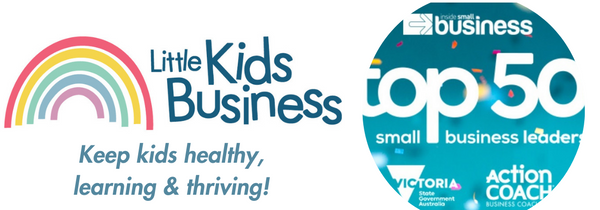Sometimes your child might test your limits or break your rules and for moments like this you need to know the art of using consequences to discipline your children.
Create a consequence linked to the behaviour.
It gets a bit boring if the consequence is always banning the same item or similar. A far more effective way to parent is to make the consequence fit the misbehaviour. This will ensure that your child thinks about the rule they are breaking in a fairer way. . For example, if your child is home later than the agreed time, then next time take the minutes they were late this time off the time. ie if they were 30 minutes late then next time they must be home 30 minutes earlier than they normally would. This allows your child some control. There may be times that they re-think being late because they know what will happen.
Put your foot down and withdraw your time.
This strategy helps your child understand that every action has a consequence. By doing the right thing, your child can get a positive consequence. But doing the wrong thing will mean she gets a negative consequence.
For example, if your child wants you to drive them to their friends house , you could say you’ll do this if he follows the rules.
Let your child know beforehand that you might decide not to drive them as a consequence for misbehaviour.
For example, If your child is late home then make it clear next time you will not drive them to their friends house and they will have to stay home.
Withdraw privileges
The idea is to remove something that you know your child enjoys – for example, access to technology. You don’t need to withdraw privileges for a long time for this consequence to be effective. Aim for a short withdrawal that occurs within the few days following the misbehaviour. I often say to my son you have to eat all of your dinner by 7pm or we can not have Family time on the couch together. Sometimes he’ll walk to his room and say that’s fine, I’ll just go to bed, only to reappear moments later to finish quickly after he hears his sister getting all of the attention from Mum and Dad.
REINFORCE CONSEQUENCES
Whatever consequence you choose, these strategies might help to reinforce it.
Make sure they understand clearly what may happen
It’s important to explain calmly and clearly what the problem is to your child. Tell him how he hasn’t stuck to the rules you agreed on, and let him know that you’ll be applying the agreed consequence.
Self-reflection
The idea is to encourage your child to think about her behaviour and how it could be different in the future.
You can talk with your child about the agreement you had, and what she thinks should happen as a consequence of breaking it. It’s best to balance rules and consequences with warmth and positivity. I like to aim for for six positive comments for every negative comment.
WHY TEENAGERS PUSH BACK
Teenagers are little people who are now developing into independent adults. One way they do this is to test your boundaries, and then see how others react to their behaviour. This will help them learn how to interact in the real world.
Consider that a teenage brain goes through massive growth and development during adolescence. As a result teenagers don’t always make good decisions, are more influenced by peers and feel more intensely about things than you do.
Sometimes feel like you’re on a collision course with your child. But you can communicate together and guide them away from tricky situations.
Know when to let them walk away
There is a fine art to giving your child the time they need to manage their new emotions. If you stand there and keep yelling at them, you really are going to get now-where for this reason an important part of parenting is working as a team and knowing when to walk away. If your child is saying go away and leave me alone, you are not losing the fight by giving them the space that they need. Approach them calmly when you both have taken some time out. I like to always say that I still love you even when I am mad at you. Why do you think I might be mad at you? Let your child answer. There are no awards for talking over people and winning the fight. It’s important to always be the parent and don’t succombe to childish yelling and screaming at one another.
Use the correct words and be sure to make what they did the bad or naughty thing and not label your child as a bad or naughty child.
Instead of “you are so naughty for climbing that fence, I always knew you were no good” say ” climbing over the school fence is not Ok, why do you think that’s frowned upon?
At the end of the day, you know that there will be moment which are challenging, go in eyes wide open and be sure to create a close and nurturing relationship with your child and be the person they can turn to.

